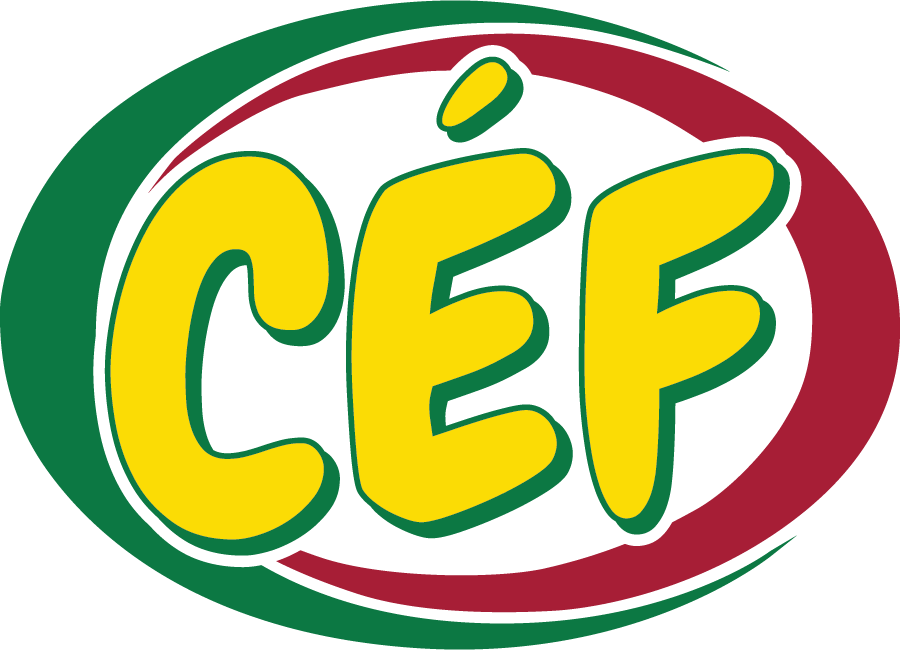The Conseil des Écoles Fransaskoises sees to the needs of all students with the help of its Student Services division. Student Services provides speech therapy, occupational therapy, psychological, special education, counseling and guidance counseling for Saskatchewan's francophone school division.
The Student Services division is also responsible for the administration of psycho-educational evaluations of the Fransaskois students as needed. It provides support to the teaching staff in adapting the curriculum to cater to the special needs of both at-risk and gifted students.
For more information, write to This email address is being protected from spambots. You need JavaScript enabled to view it.
Special Needs and Mental Health
Since 2 to 20% of children, no matter their first language, have learning disabilities, it is essential to be able to offer a first-language education that will be adapted to their needs. A team of specialists from a variety of disciplines is therefore in place to offer highly specialized services to Fransaskois students with learning difficulties as well as gifted students.
These specialists, in collaboration with teachers, identify and assess students who may be gifted or at risk in order to provide an education program tailored to their needs.
Following the evaluation of a student and upon recommendation by the CÉF's Student Services department, the CÉF may assign a special education teacher aide to answer to a specific need or to assist a specific student. The special education teacher aide assists the teacher with lessons and learning activities for the student(s) as well as with supervision.
Counselling
The CÉF's team of counselors works mainly with students to help them with their personal, academic, moral and social development, which often brings them to collaborate regularly as well with parents and school staff. Student Services team members work in integrated mode. Their goal is to provide an intervention and prevention service which will foster the students' well-being.
Career Guidance
Trained guidance counselors offer workshops and provide support to students by guiding them in choosing courses that will allow them to realize their postsecondary education and career goals. Whether providing assistance in identifying the necessary prerequisites for university or college admission, available bursaries, or the skills and qualities sought for integration into a career of their choice, students will find themselves are well equipped to make appropriate choices.
Integrated Services
These services are offered by the provincial government to Saskatchewan families, particularly in the health, social services, justice and education sectors. Services, such as counseling which focuses on improving basic parental abilities, or the sharing of information to decrease drug, alcohol and tobacco abuse by students, are readily accessible to the province's schools. Since 1998, the CÉF and its partners (Assemblée communautaire fransaskoise, Association des parents fransaskois) have been working out plans to ensure the provision of Integrated Services in French for Fransaskois schools. A model for the provision of services has been developed and will require a considerable financial contribution from appropriate government departments in order to be made accessible to Fransaskois families.
Shared Services
Some rural school divisions in Saskatchewan do not have the capacity to provide the comprehensive range of services and supports required in a diversified student environment. The Shared Services Program was implemented to strengthen the capacity of these rural school divisions. The intent is to lend support to students and teachers by providing the organizational structure and funding recognition for boards of education to enter into agreements with other boards and human service providers to deliver specialized services, including:
- assessment, educational diagnosis, educational programming and consultation for students living in vulnerable circumstances and students with exceptional needs,
- speech, language, communication and early literacy development,
- core curriculum actualization, and
- additional supports to address locally-determined needs.
- Distance Education and the Learning Technology Unit
All of the CÉF schools have access to the distance education program. The model consists of several methods of delivery such as videoconferencing and the use of multimedia on an Internet-based platform. Specialized videoconferencing equipment allows for the transmission of voice, text and graphics, as well as the transmission of fixed or animated images of the participants. Distance education teachers also visit their students on a regular basis. Through this multimodal approach, the CÉF can offer quality distance education to all of its students, whether they live in a rural or urban region. This does not mean replacing traditional learning methods, but rather adding to the available resources. This technology also allows each student the opportunity to exchange ideas, defend their point of view, develop friendships around the province, and reach several goals relating to the integration of technologies.
Distance teaching requires additional preparation time, and therefore, the need for more effort on the part of the teacher. Hence the need for teachers to have access to training and a considerable support network. The distance education staff is also involved in the Learning Technology Unit overseen by the Ministry of Education. This program is aimed at developing resources to be made available over the Internet to Saskatchewan teachers, students and parents.

